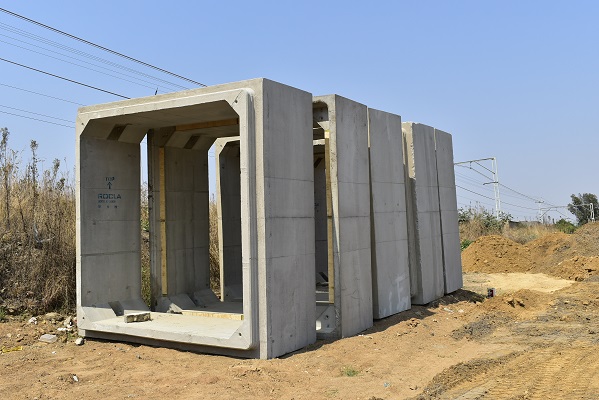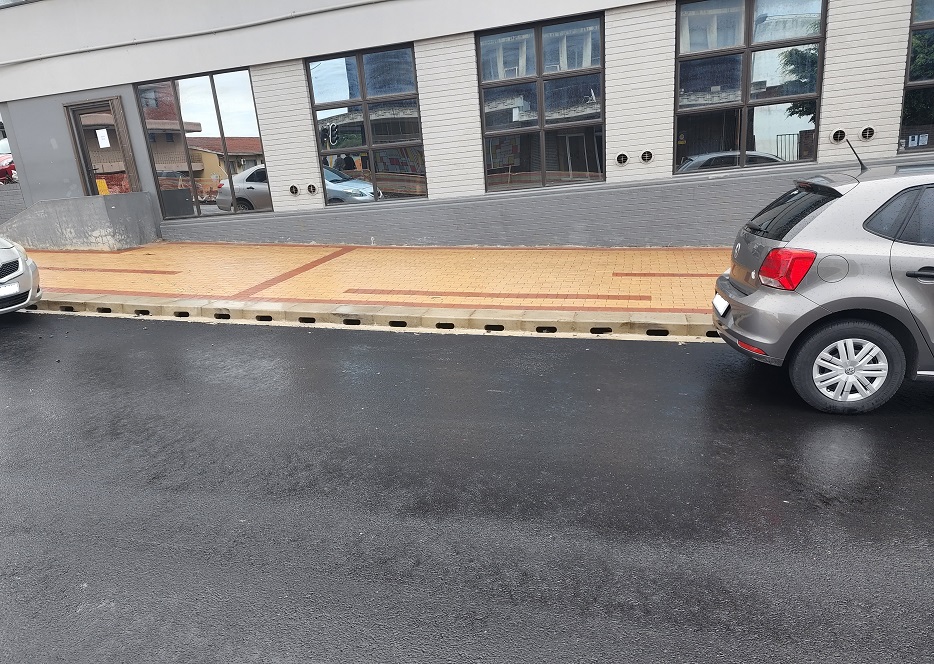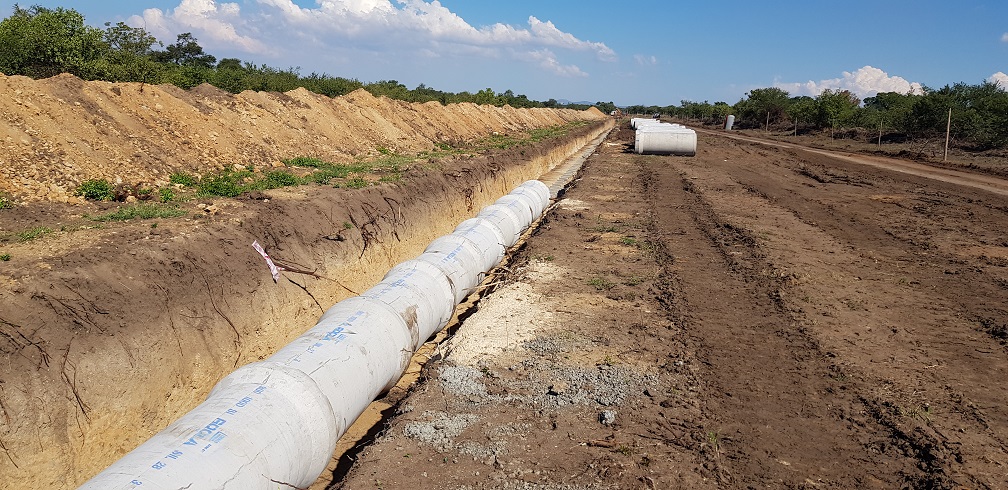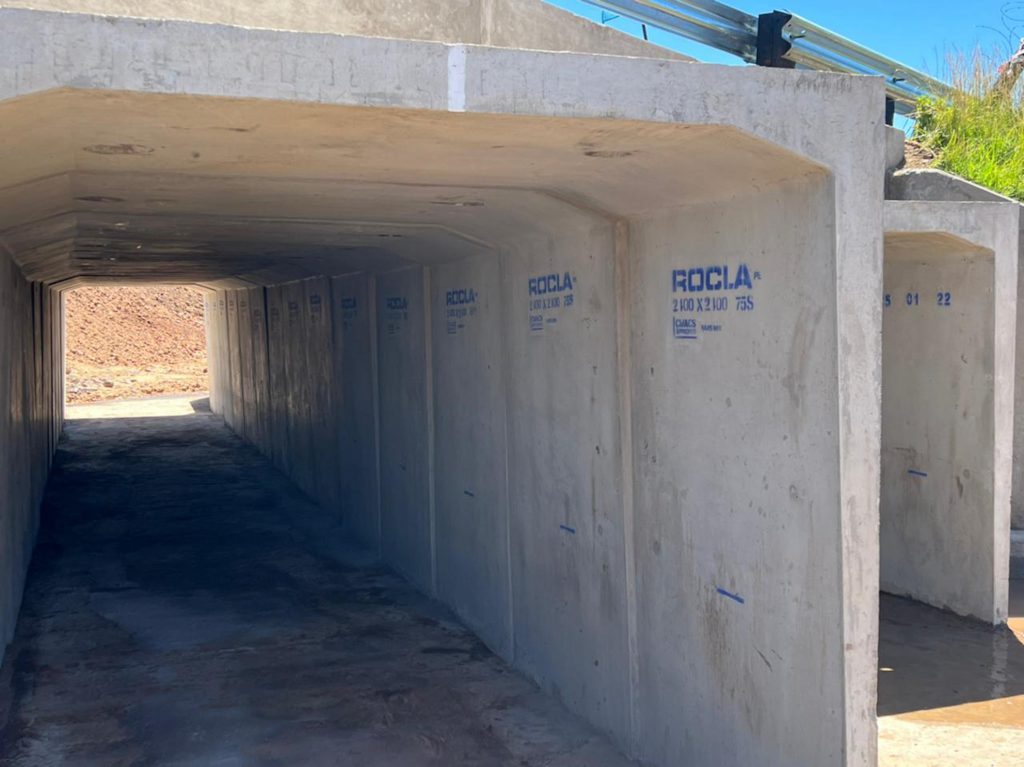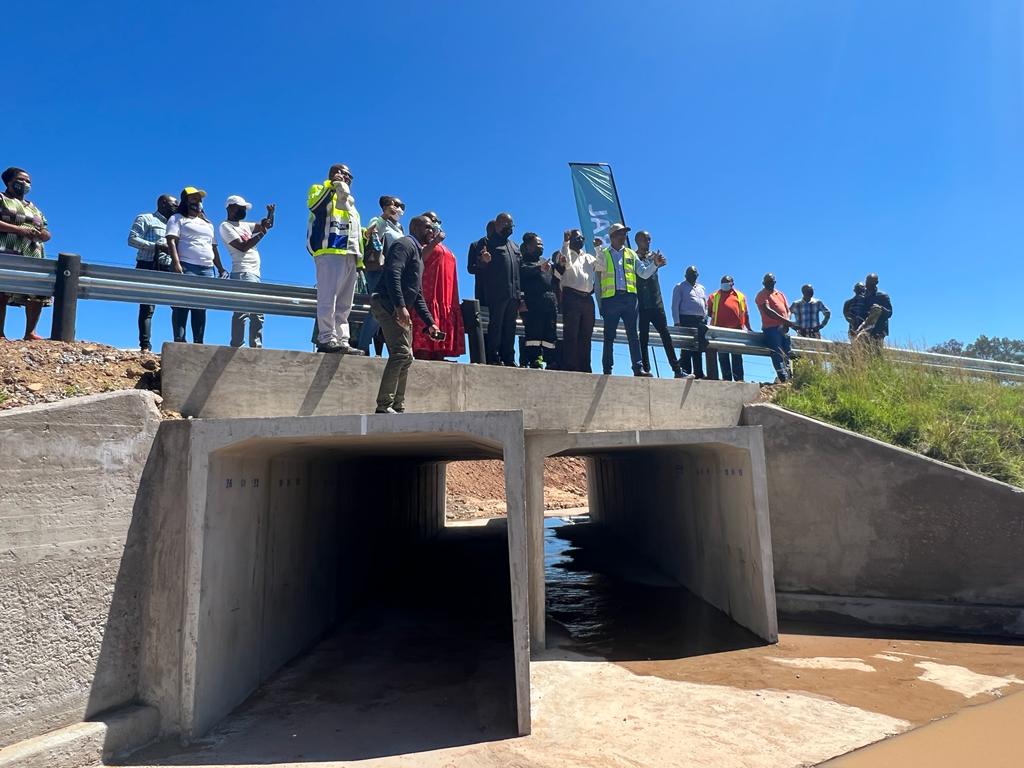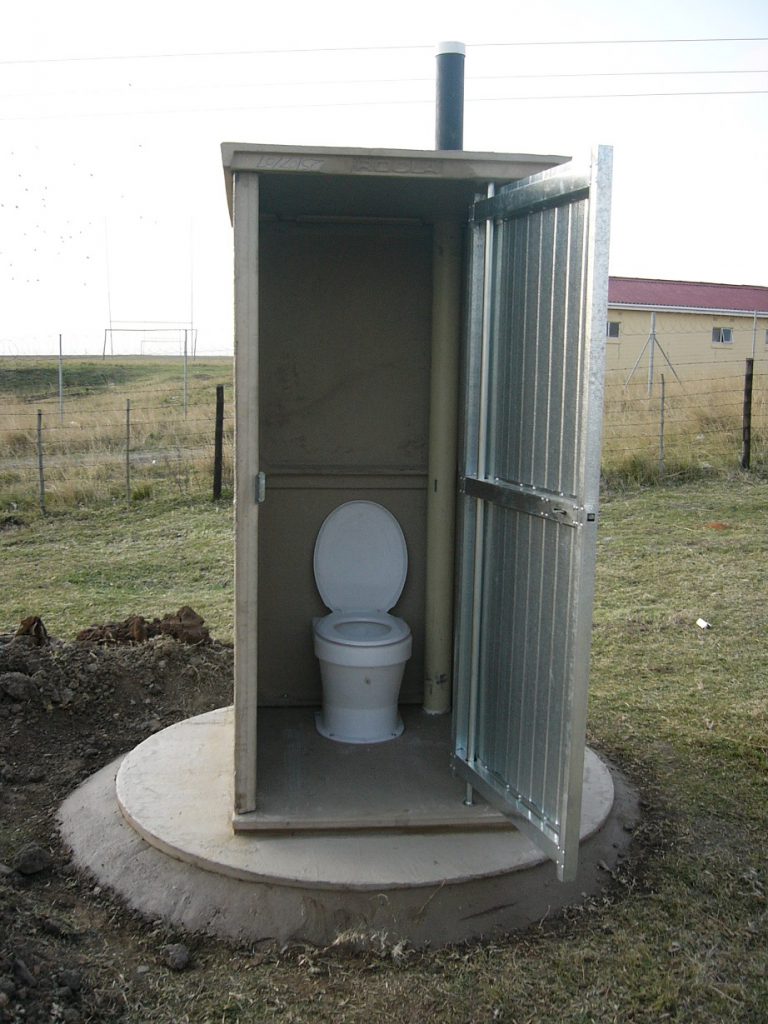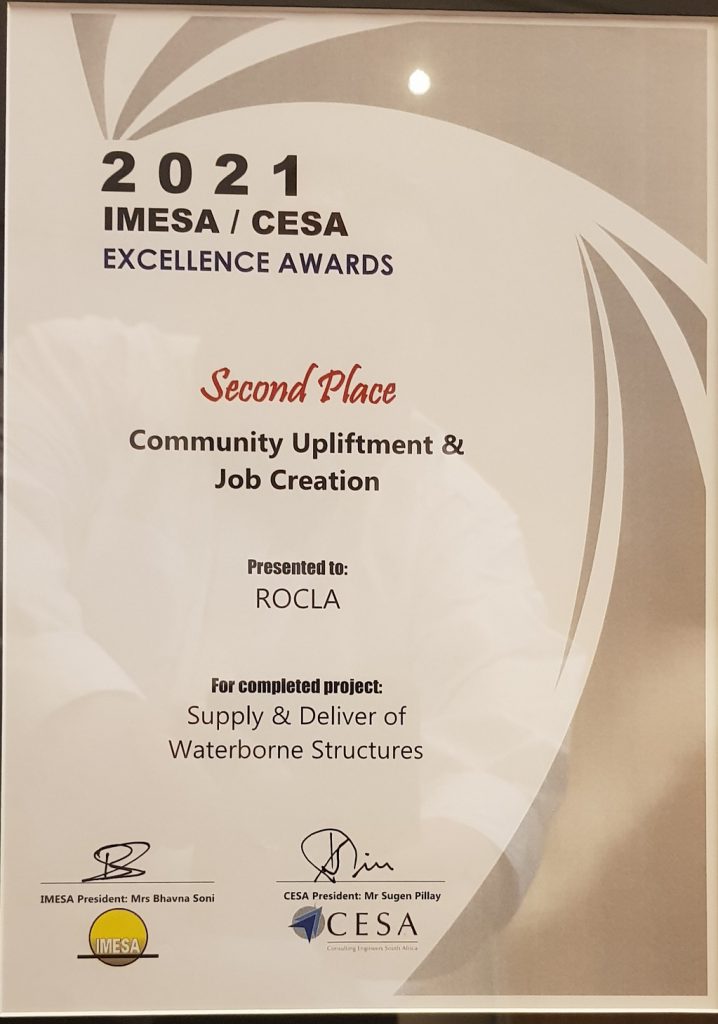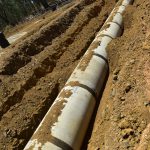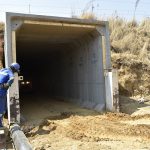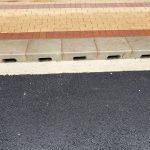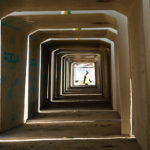The constant increase in the development of lifestyle estates and commercial office parks in areas previously open spaces puts increased pressure on existing infrastructure, creating challenging situations that require economically viable engineered solutions. Hazeldean Road, part of the Riverwalk Project near Pretoria East, is currently undergoing upgrades to not only reduce traffic congestion between The Blyde and Silver Lakes residential estates, but also to improve stormwater and road infrastructure. Rocla and Technicrete were contracted to supply the supporting stormwater solutions.
Lourens Swanepoel, Site Agent with Kwa Mhlanga Construction said “Rocla supplied 1,564 Interlocking Joint (IJ) pipes of varying sizes, whilst sister company Technicrete delivered nearly seven kilometers of Fig 7 (semi-mountable) and Fig 10 kerbs. Technicrete also supplied 3500 m2 of Amorflex 180, a flexible heavy paver, which is specifically suited for stormwater and drainage applications that were stipulated as a requirement for this project by the engineers”.
“The pipes, kerbs and Armorflex 180 are all to be applied to the new road currently being constructed that will link Silver Lakes and the Blyde Estates with a more serviceable roadway and which will have superior drainage and stormwater solutions installed. Rocla was selected because they offered the best competitive pricing and packaged solution comprising all of the products required which included the Technicrete solutions” said Swanepoel.
Rocla’s IJ pipe is for use in stormwater applications. The male/female type joint is formed inside the wall of the pipe, which ensures no widening of the pipe, and therefore the outside dimensions of the pipe remain constant. The joint itself is used for centering the pipe during laying operations, making the process easier.
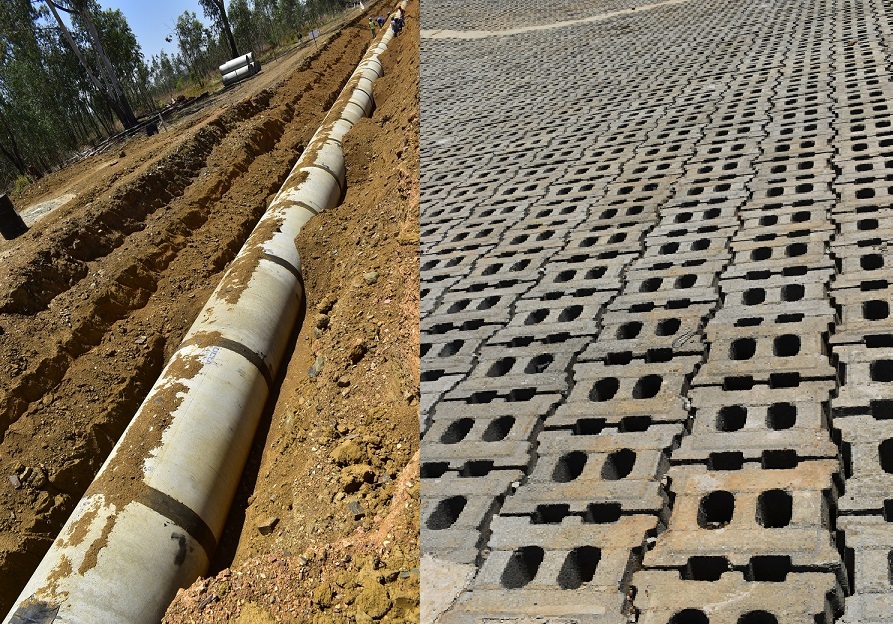
The following IJ pipes were supplied to the project:
- 730 x 450 mm IJ pipes
- 17 x 675 mm IJ pipes
- 280 x 750 mm IJ pipes
- 30 x 825 mm IJ pipes
- 122 x 900 mm IJ pipes
- 55 x 1050 mm IJ pipes
- 330 x 1350 mm IJ pipes
Armorflex 180, an internationally licensed product of Technicrete’s, is an articulating concrete block (ACB) system, specifically designed for storm-water management and ideally suited to lining of trapezoidal channels. The Armorflex 180 blocks provide a loose but sophisticated interlocking design allowing the surface to remain flexible to movement without the cracking and spalling issues that occur with insitu cast concrete when exposed to regular stormwater or flooding incidents causing layerwork subsidence.
Figure 7 kerbs from Technicrete are versatile precast kerbs generally used for edge restraint in the construction of roads, kerbs, gutter systems and rumble strips. Whilst Fig 10 kerbs are a light to medium duty bull-nosed edge restraint normally used for pathways where there is a possibility that vehicles can access the pathways, for example in an emergency situation, or that might need to be guided to remain on the paved paths.
Technicrete precast concrete product solutions have been installed in numerous projects around South Africa for over 50 years and offer a wide range of kerbing that will meet any developmental requirement. Swanepoel commented that he was impressed with the quality of the products from both Rocla and Technicrete, “That is, after all upon which their reputation rests” concluded Swanepoel.


